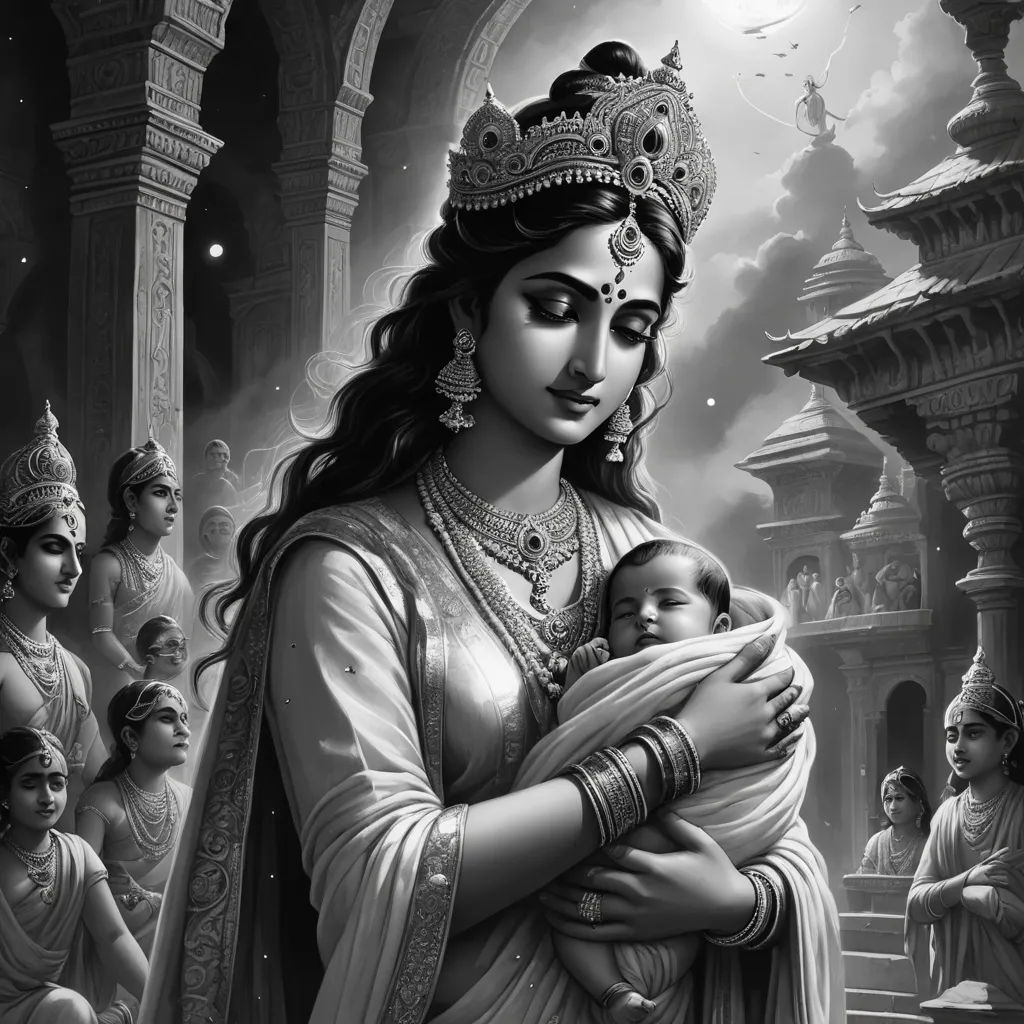
The Divine Birth
By Adarsh

08 Mar, 2024
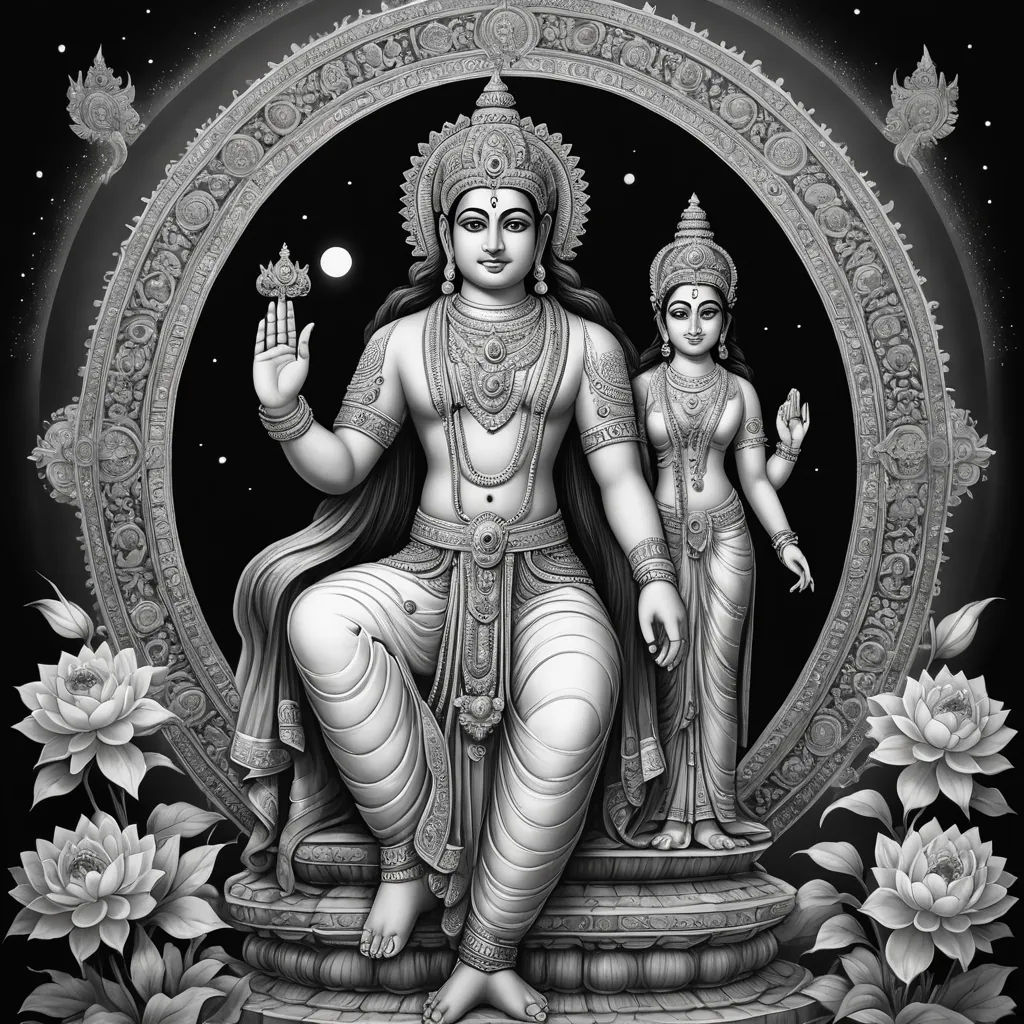
In the celestial realms, the Supreme Being, Vishnu, decided to take birth on Earth. He chose Devaki and Vasudeva to be his earthly parents. Devaki was the sister of the tyrannical King Kamsa, who was foretold that he would be slain by Devaki's eighth son.
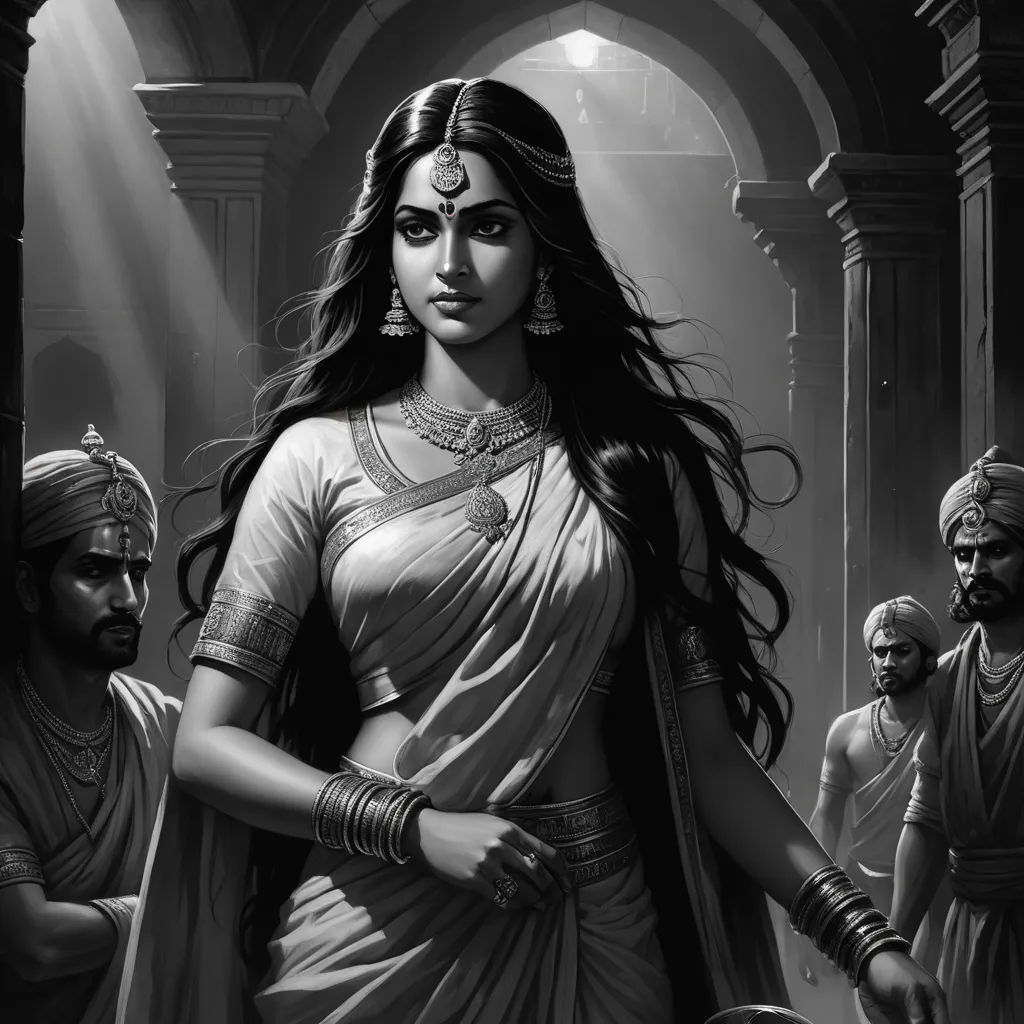
Terrified of the prophecy, Kamsa imprisoned Devaki and Vasudeva. Despite his efforts, Vishnu's divine energy entered Devaki's womb as a radiant light, marking the conception of Lord Krishna.
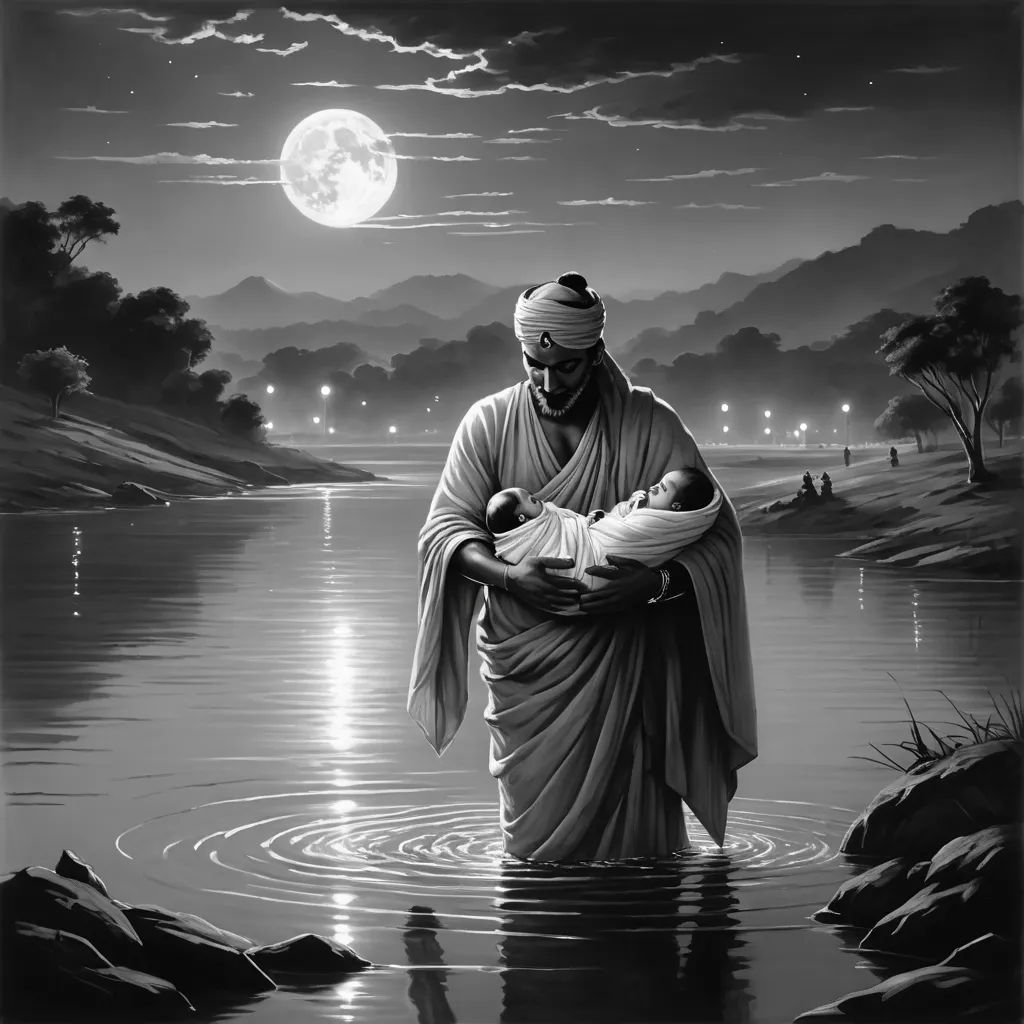
On the night Krishna was born, the guards fell asleep, and the prison gates opened miraculously. Guided by a divine voice, Vasudeva carried the newborn Krishna across the river Yamuna to Gokul.
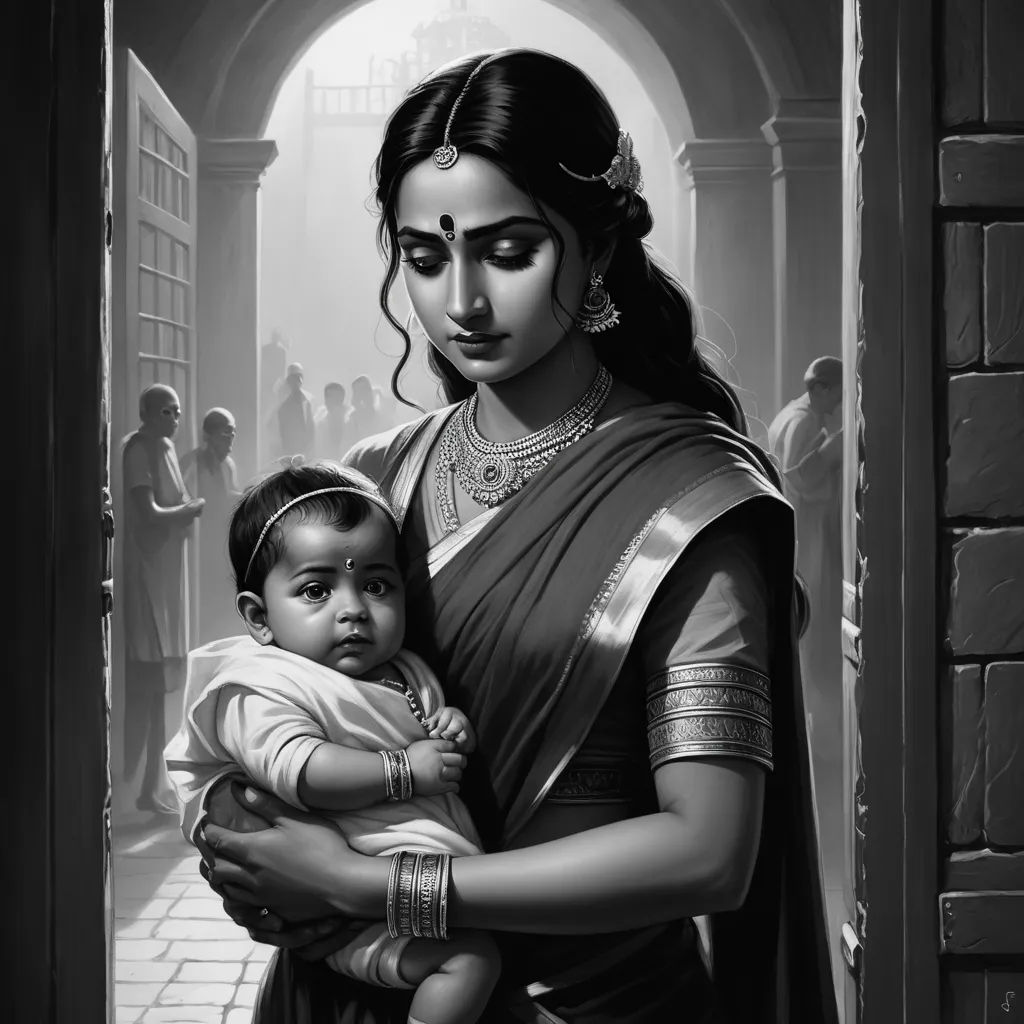
Vasudeva exchanged Krishna with Yashoda and Nanda's newborn daughter and returned to the prison. Upon his return, the prison gates closed, and the guards woke up to the cries of a baby girl.
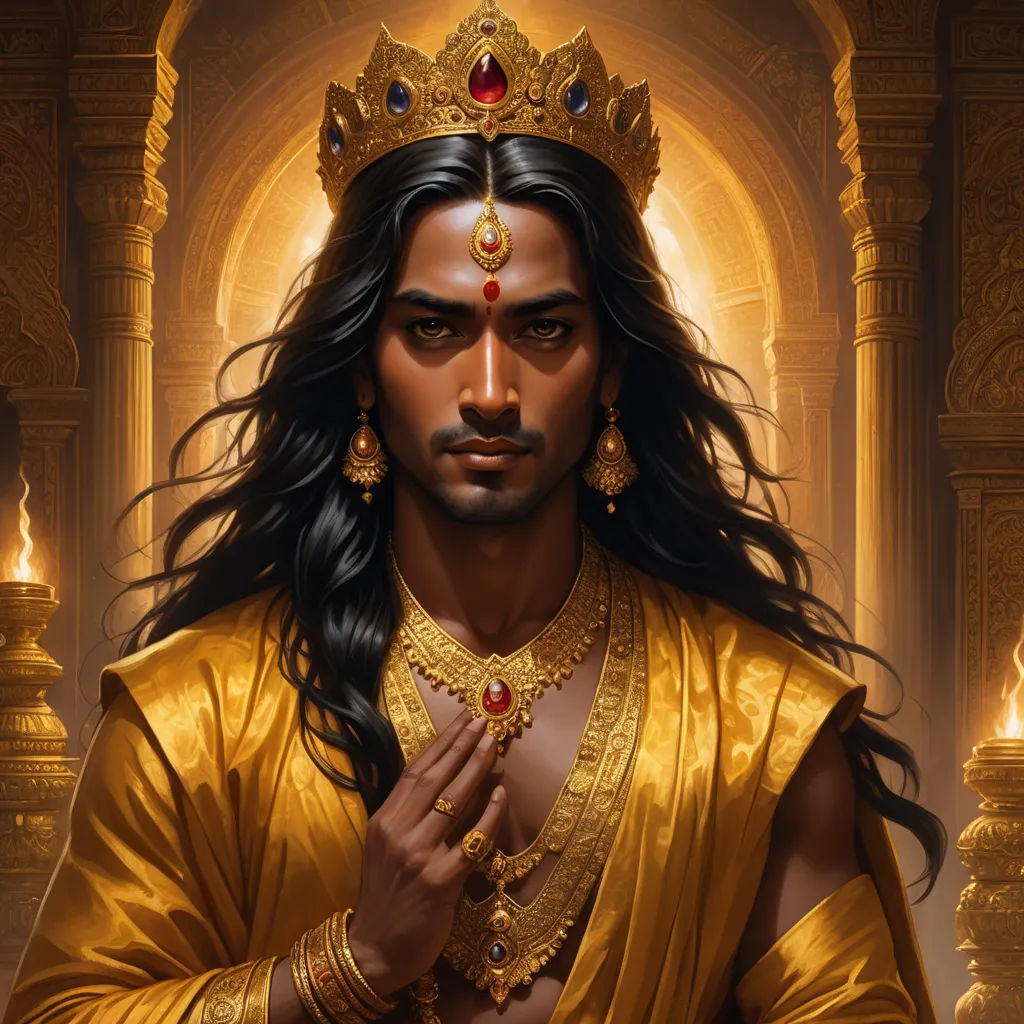
When Kamsa tried to kill the baby, she transformed into the goddess Yogamaya, foretelling Kamsa's death at the hands of her brother, Krishna. This left Kamsa in a state of fear and paranoia.
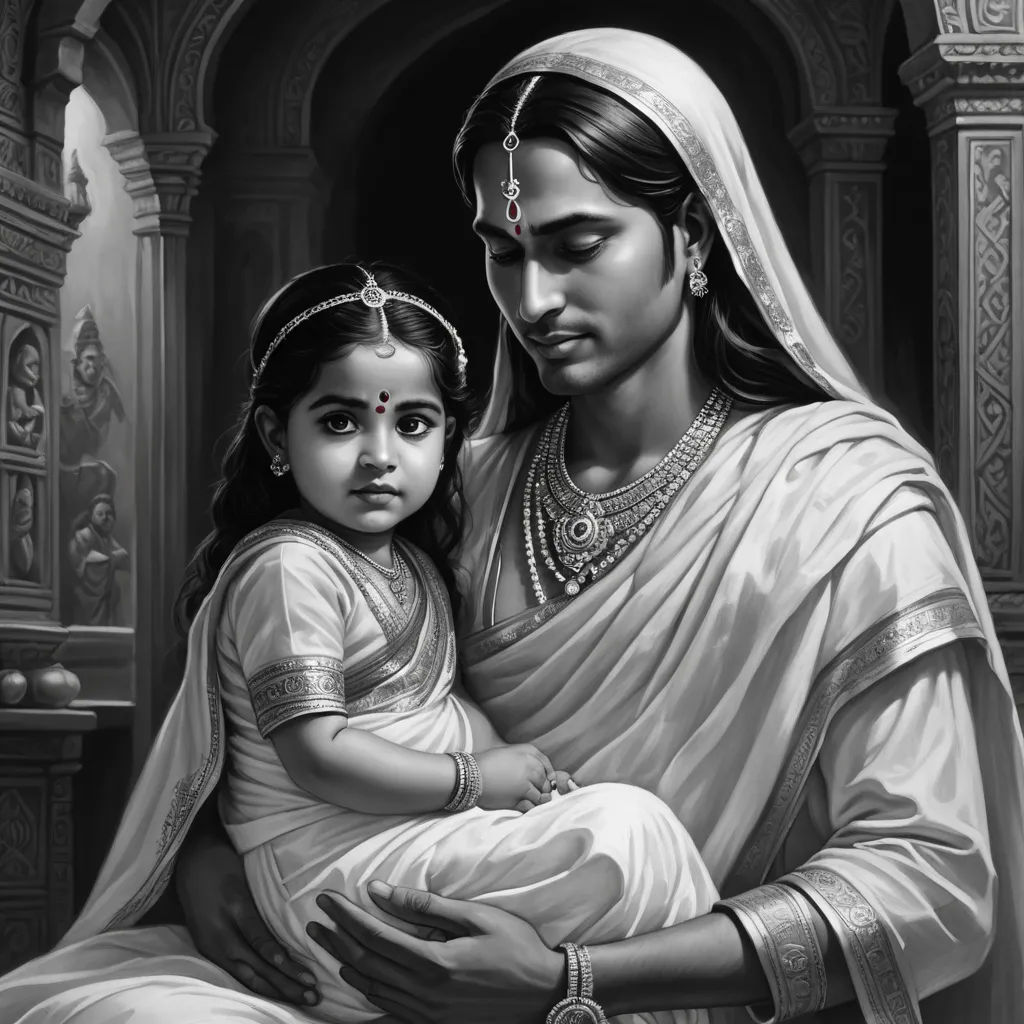
Meanwhile, in Gokul, Yashoda and Nanda were overjoyed with their son Krishna's divine beauty. Unaware of his celestial origin, they raised him with unconditional love.
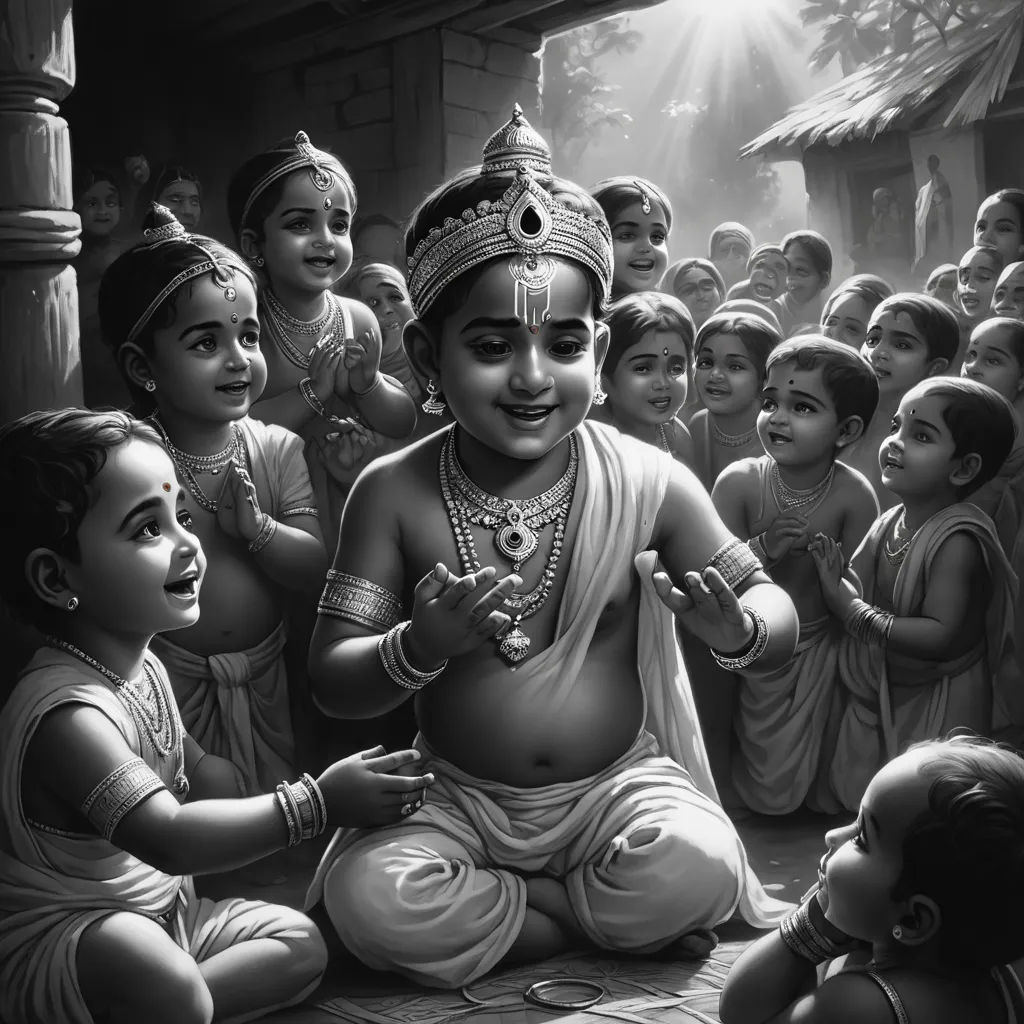
Krishna's early years in Gokul were filled with divine play and miracles. His enchanting flute music would mesmerize everyone. The villagers loved Krishna, and he became the heart of Gokul.
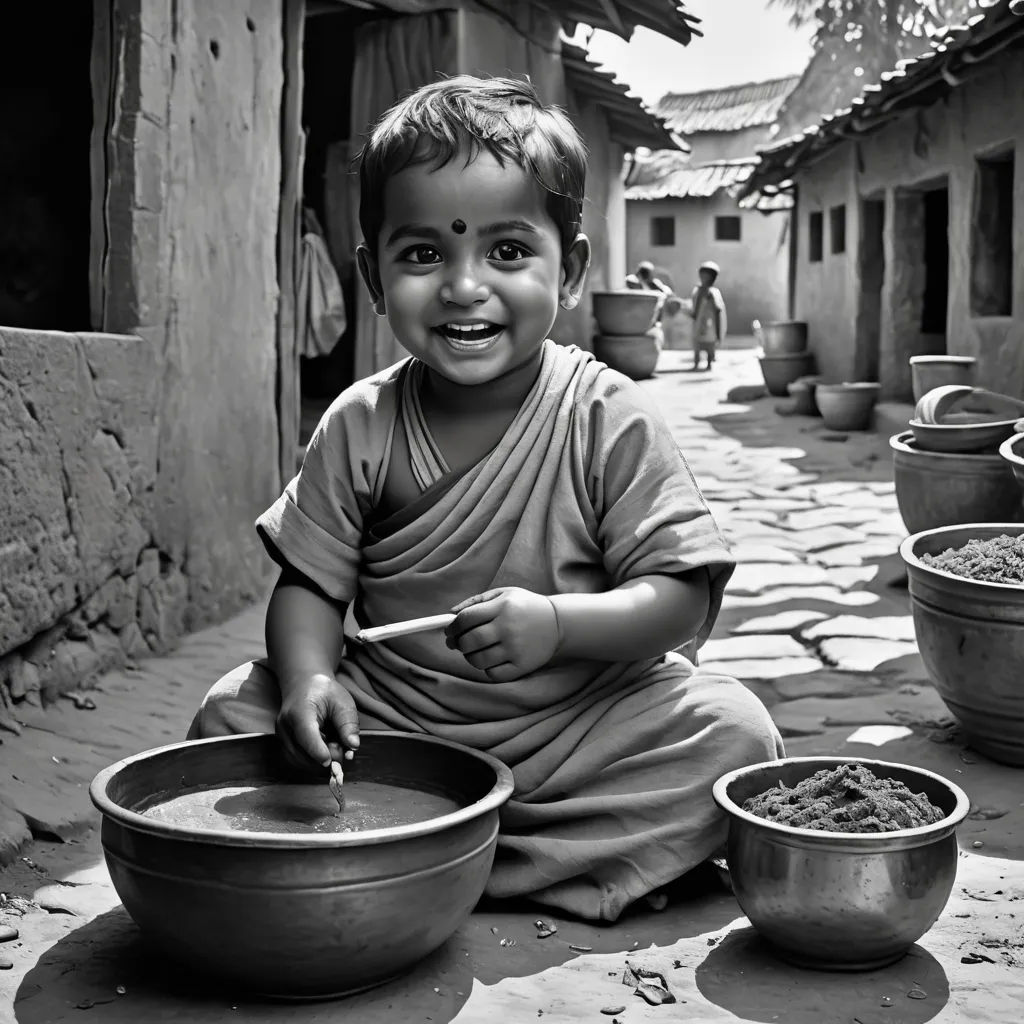
Krishna would often steal butter from the houses in Gokul. Despite his mischievous behavior, the villagers loved him even more, for his divine charm was irresistible.
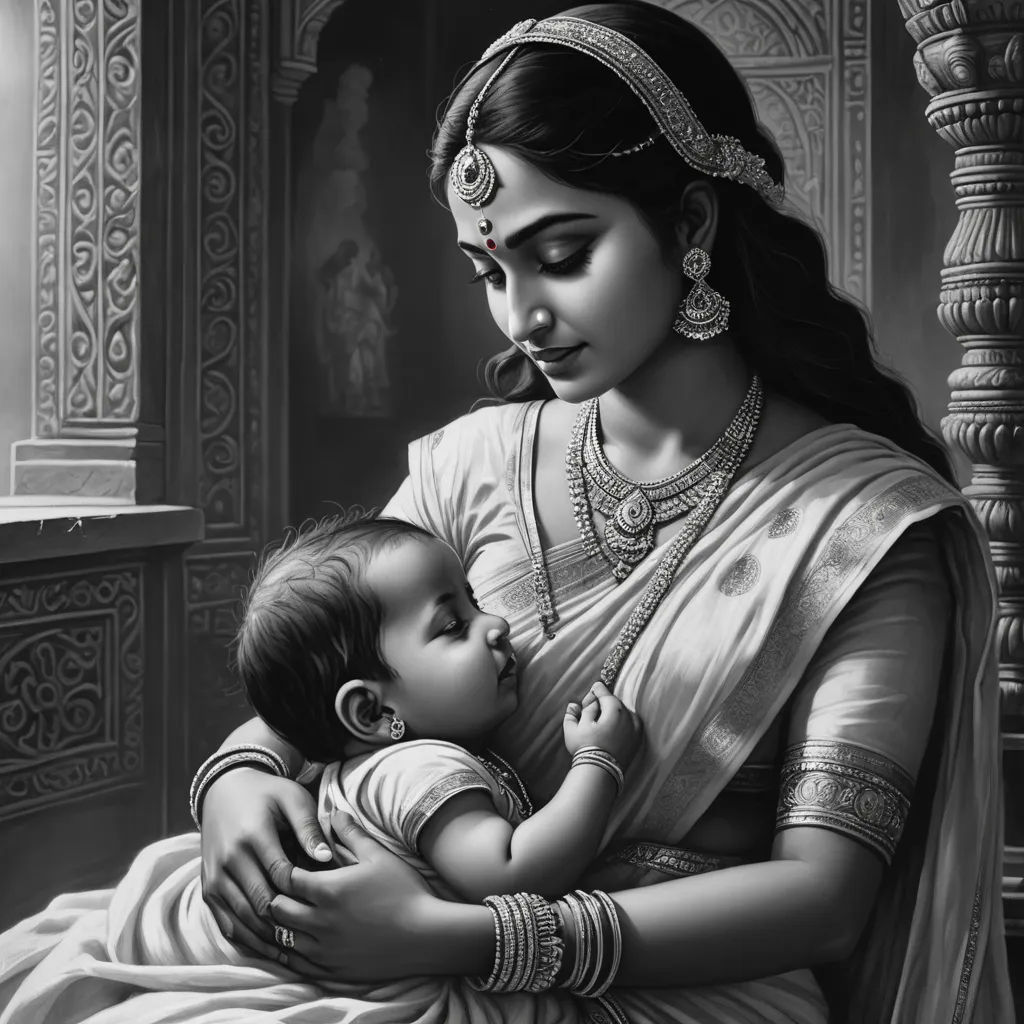
One day, Krishna showed his mother, Yashoda, the entire universe in his mouth. This miraculous vision revealed to Yashoda the divine nature of her beloved son.
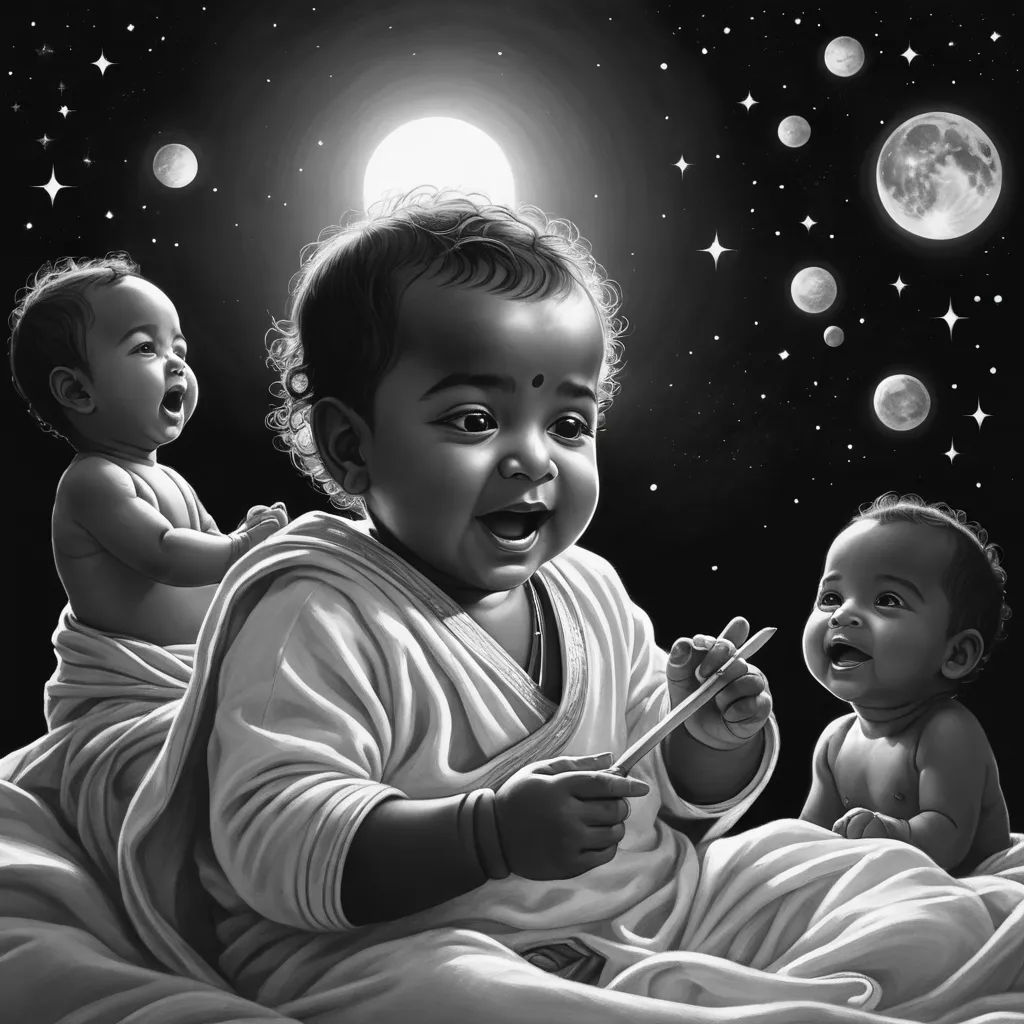
Krishna's divine play continued. Once, when he was playing with his friends, he ate some mud. On being questioned, he revealed the entire cosmos within his mouth.
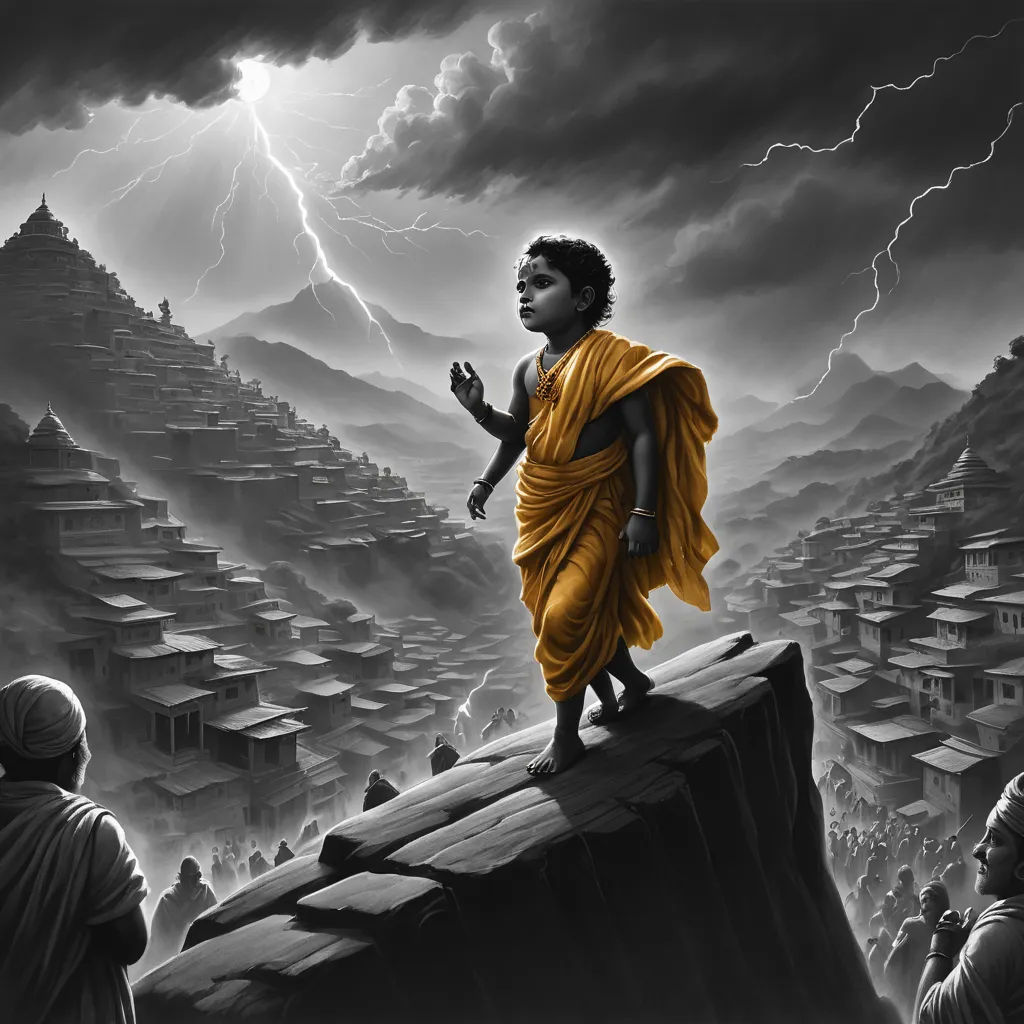
As Krishna grew, so did his powers. He lifted the Govardhan hill to protect the villagers from a fierce storm sent by the king of gods, Indra. This act confirmed his divine identity.
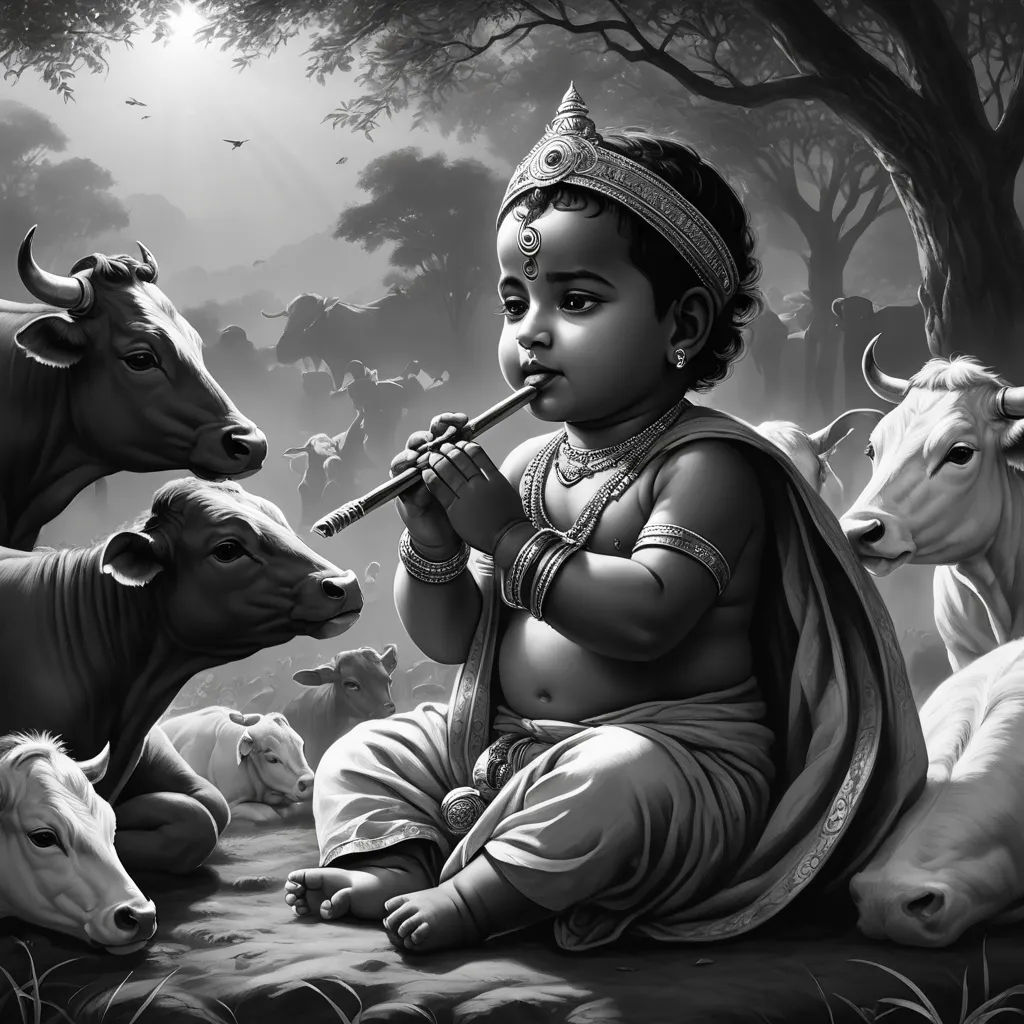
Krishna's divine flute attracted not only the villagers of Gokul but also the cows and birds. They would all gather around him, captivated by his melodious tunes.
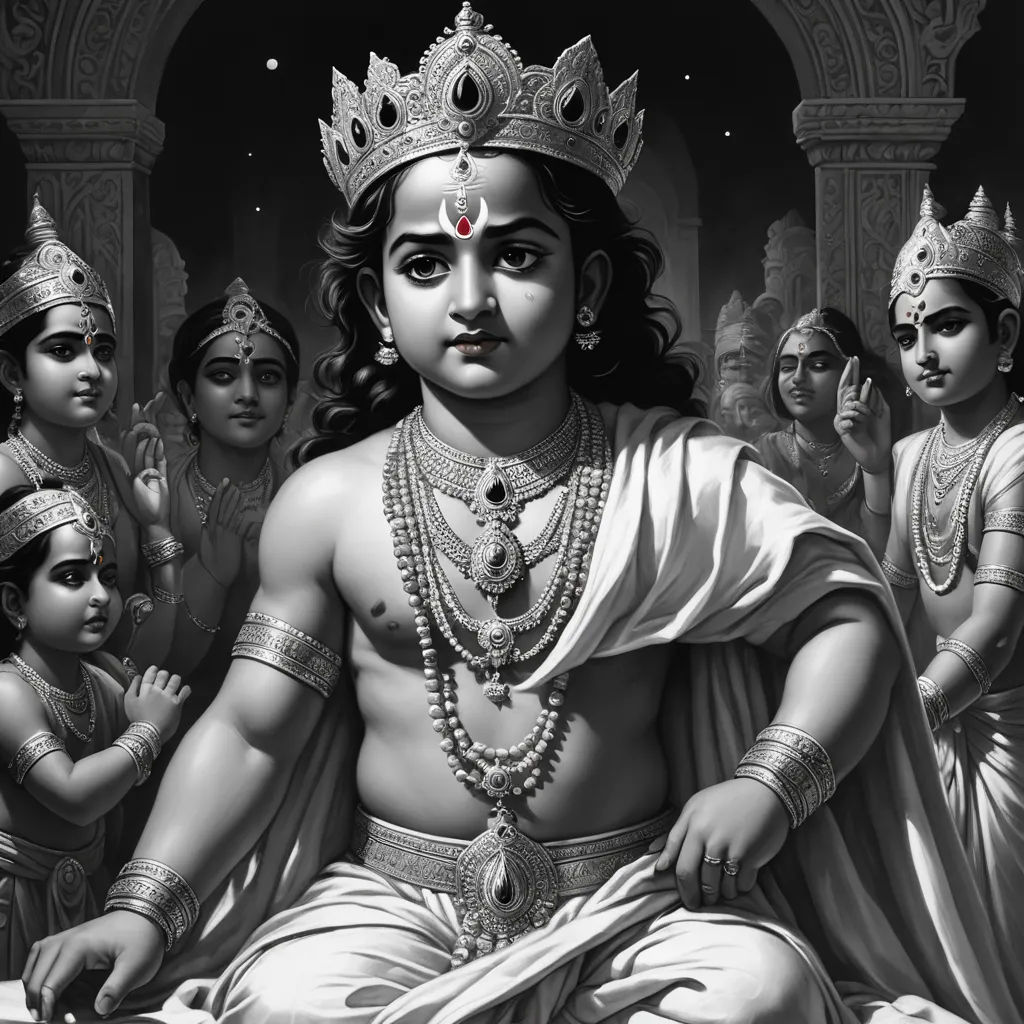
Krishna's divine exploits spread far and wide. Even the celestial beings would descend to earth to witness his leelas. His fame reached the ears of Kamsa, reminding him of the prophecy.
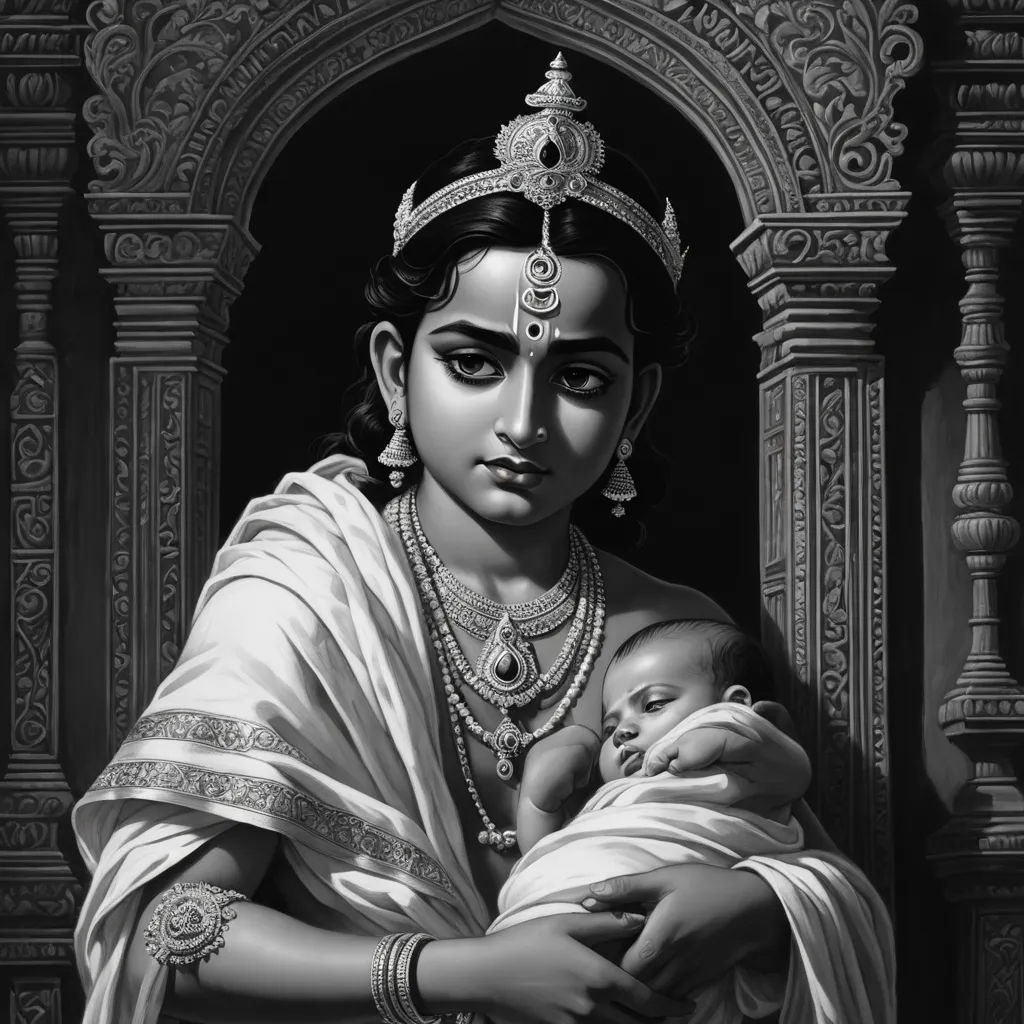
Fearing his impending doom, Kamsa invited Krishna to Mathura under the pretext of a wrestling match. Unaware of Kamsa's intentions, Krishna agreed and left for Mathura.
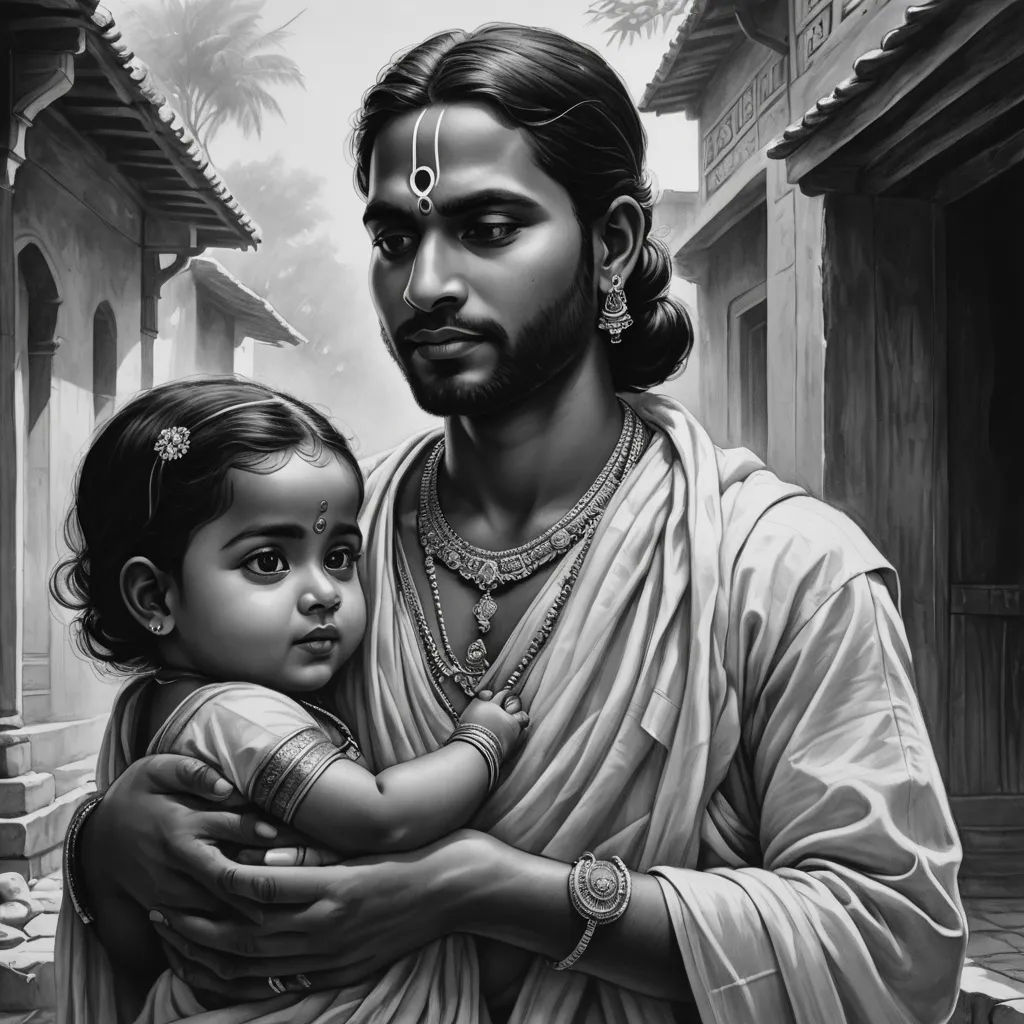
Krishna's departure left a void in Gokul. The villagers, especially Yashoda and Nanda, missed him dearly. Yet, they were hopeful that their beloved Krishna would return soon.
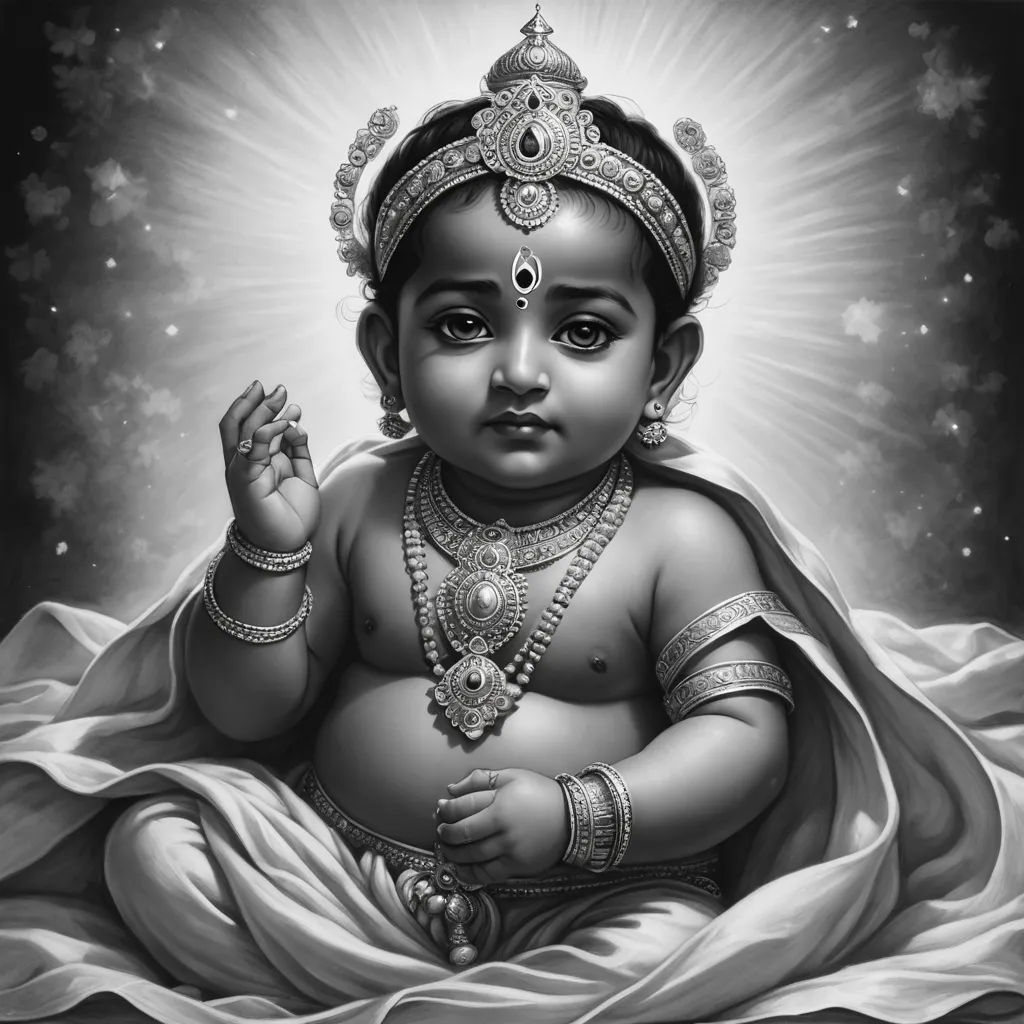
As Krishna grew older, his divine purpose became more apparent. He was not just a playful child of Gokul, but a divine being sent to protect dharma and vanquish evil.
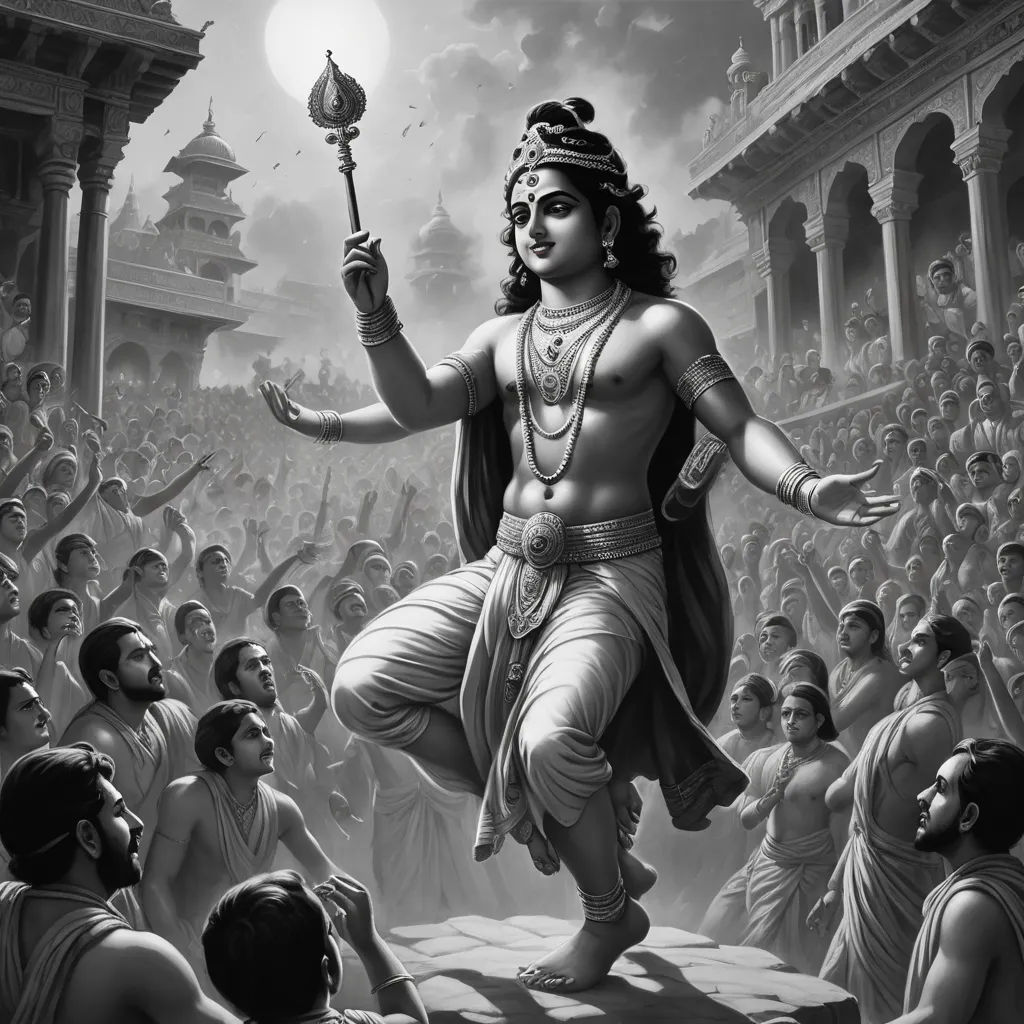
Amidst the echoing cheers of the crowd in Mathura, Krishna confronted Kamsa. A fierce battle ensued, at the end of which Krishna emerged victorious, fulfilling the prophecy.
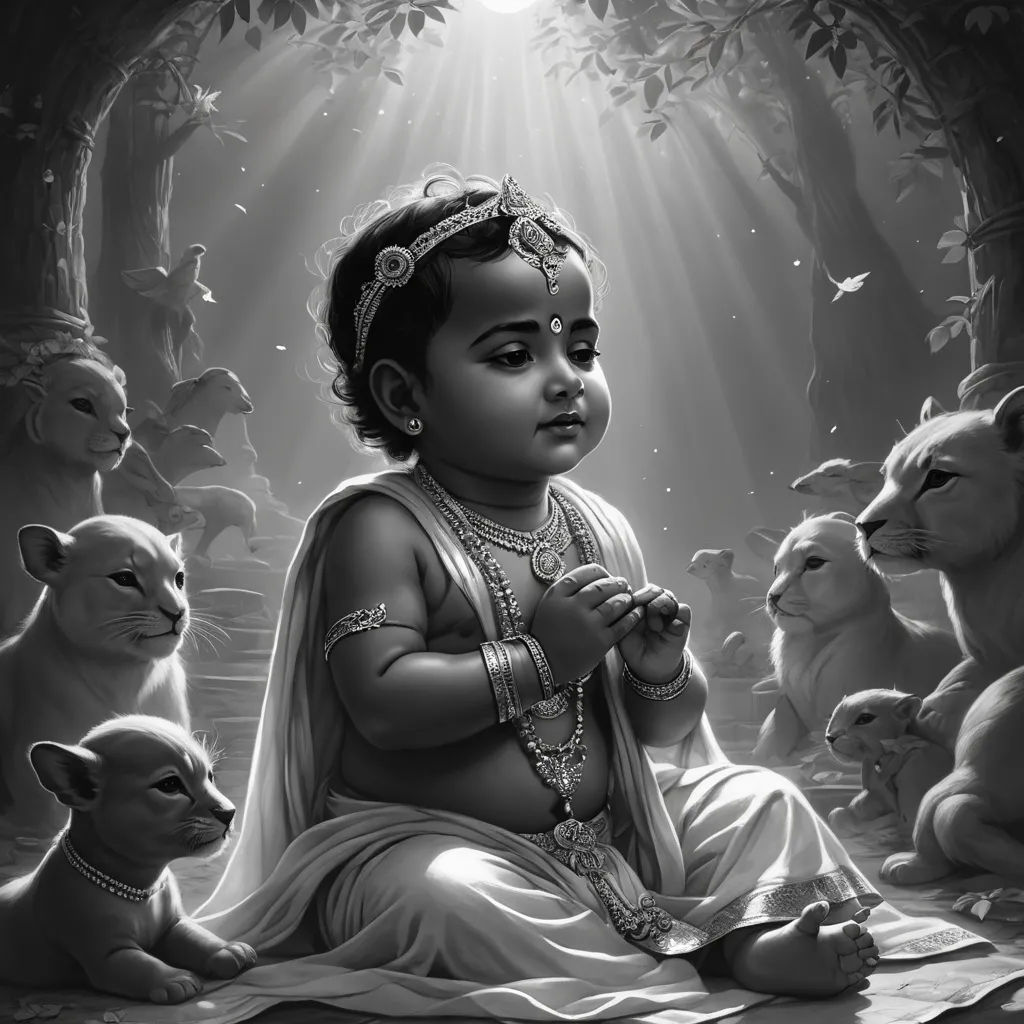
With Kamsa's tyranny ended, peace was restored. Krishna's divine mission was fulfilled. Yet, his divine play continued, spreading joy and wisdom to all.
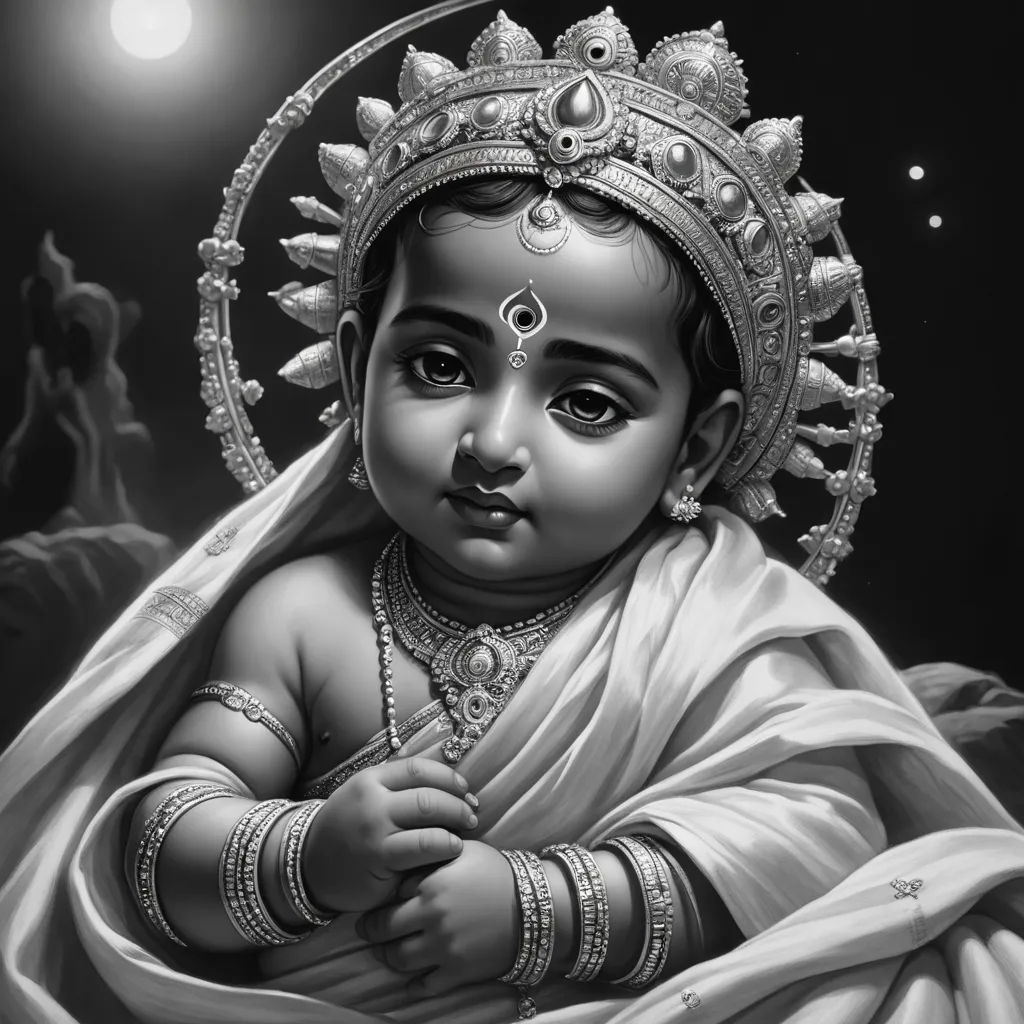
Krishna's divine birth and his early years in Gokul serve as a reminder of the divine play of God. They teach us about unconditional love, divine bliss, and the victory of good over evil.
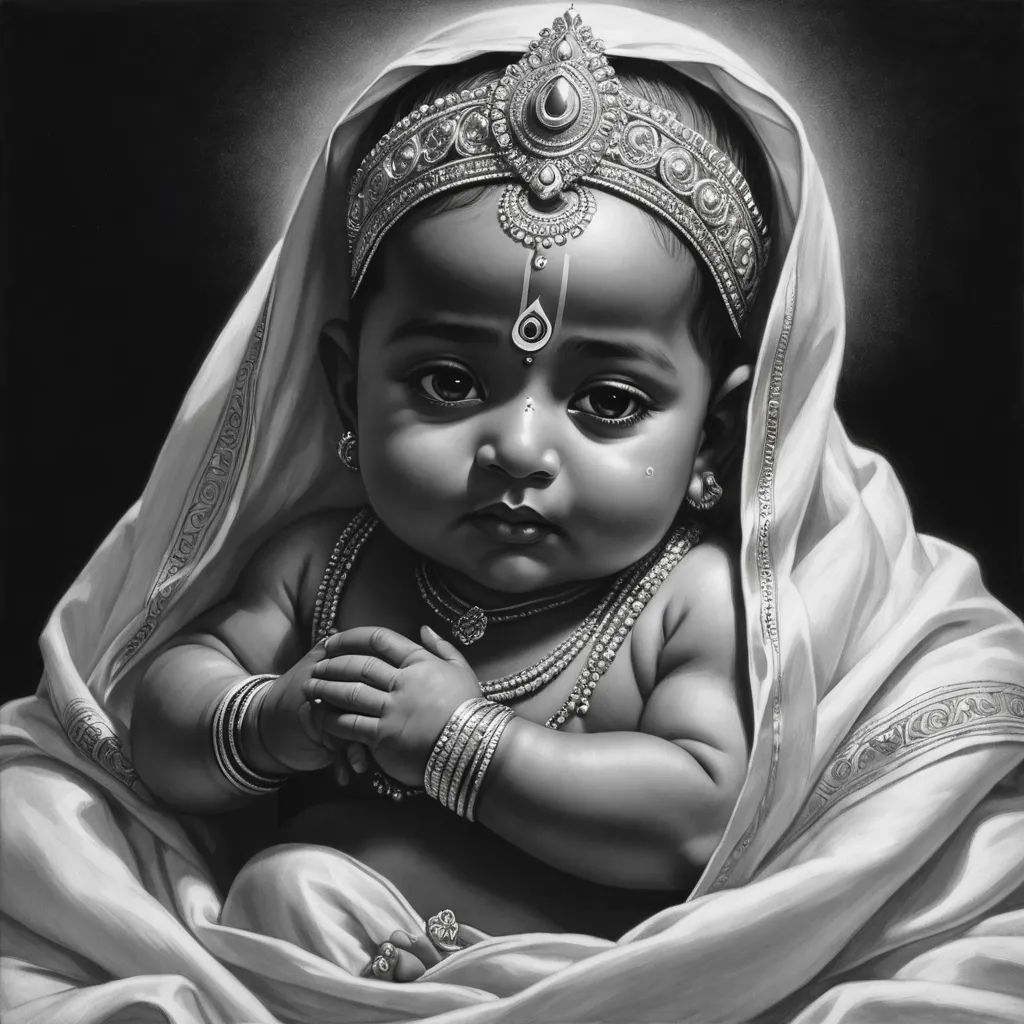
Even today, Krishna's tales are narrated with great fervor, captivating hearts across generations. His divine play continues to resonate, echoing the eternal message of love, righteousness, and divine bliss.
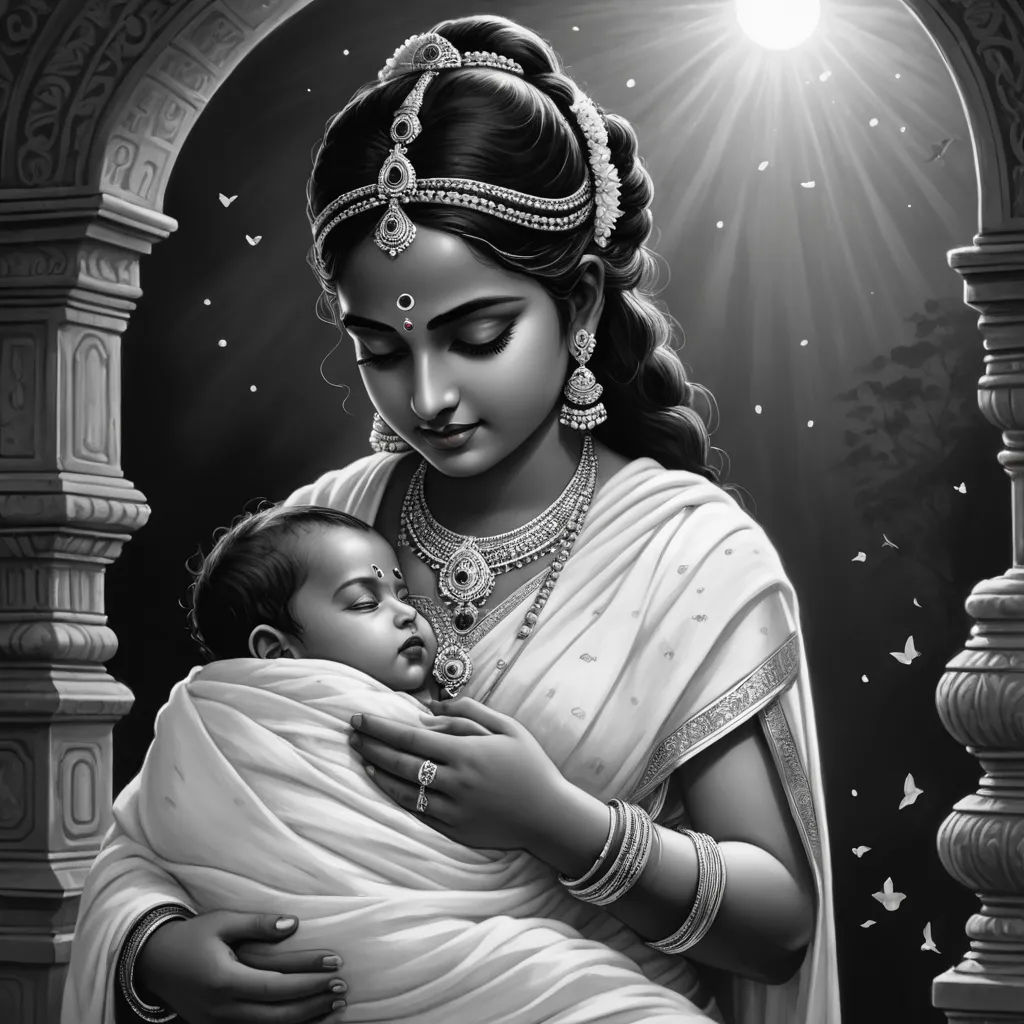
The divine circumstances surrounding Krishna's birth and his early years in Gokul continue to enchant and inspire, serving as a beacon of hope, love, and divine grace for all.